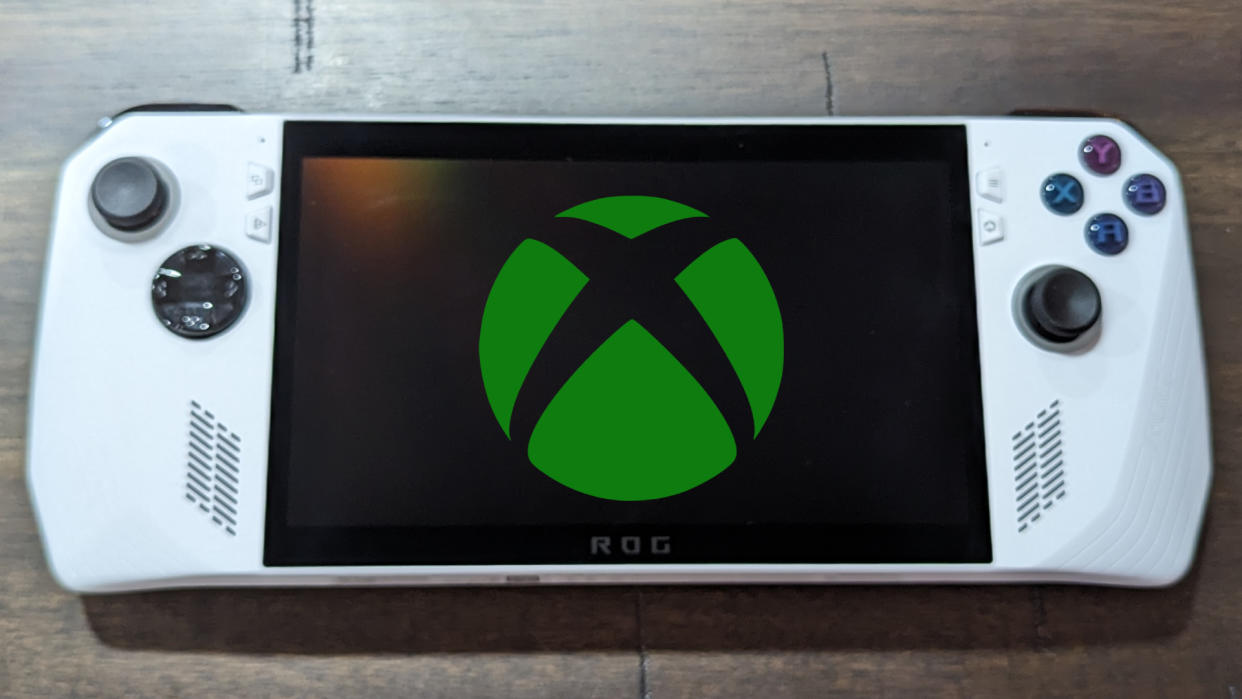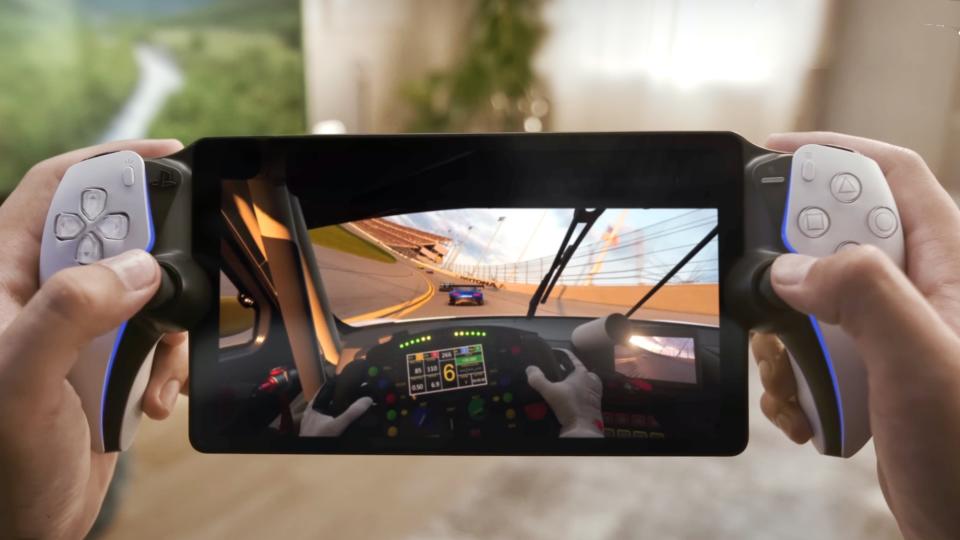A future Xbox handheld could beat Sony PlayStation Portal rival in one key area

On Sunday, Xbox Head Phil Spencer hinted in an interview with IGN that the rumored Xbox gaming handheld console might play games locally.
While the handheld isn't officially confirmed, Spencer claims that the company "Should have a handheld, too," and went on about how Xbox's future in hardware is "Pretty awesome." Spencer goes on to say he's "Incredibly excited" for the team's work around "Different form factors and different ways to play."
Spencer isn't explicitly confirming the existence of the Xbox handheld, but it's hard to imagine what "Different ways to play" could mean outside of that, especially considering all of the other hints he has been dropping about it.
This includes a survey in April from Microsoft that asked questions about handheld purchases of a Lenovo Legion Go or Asus ROG Ally, alongside Spencer claiming in March that he wants his "Lenovo Legion Go to feel like an Xbox."
But when IGN "hypothetically" asked if the Microsoft handheld gaming console would have dedicated hardware like Steam Deck, or "Need a WiFi connection," Spencer lists the Asus ROG Ally, Lenovo Legion Go, and Steam Deck as things he likes, all of which play games locally.
This only adds fuel to the fire on what his plans might look like, as he then says "I think being able to play games locally is really important." Shortly after, the crowd attending the IGN Live event cheers loudly.
If a cheering crowd of fans isn't a clear enough signal of what gaming handheld enthusiasts want, Xbox's focus on dedicated hardware to play games on-the-go could be a winning blow against the PlayStation Portal, which can only use Remote Play to stream games from a connected PS5 onto the console itself.
Xbox's gaming handheld can crush PlayStation Portal
Sony's PlayStation Portal received mix reviews at launch, with critics like The Verge scoring it a five out of 10 and asking "why spend $200 on a dedicated piece of hardware for only this one feature?" GamesRadar and Tom's Guide gave it a three out of five stars and two out of five stars respectively.

Many criticisms are consistent, focusing on its limited features and high price for what can easily be accomplished on any phone, laptop, tablet, or other device with a WiFi connection. And if your internet is poor, you'll have latency issues.
However, not all the reviews were negative, with IGN giving it an eight out of 10 and claiming that "the PlayStation Portal is the best PlayStation 5 Remote Play solution available."
In truth, the device has a limited purpose and fulfills it for those who need it. While the end result for any gaming handheld is to play games, the conditions required for the PlayStation Portal to be useful are specific: You need a PS5 console that is turned on and a good enough internet connection to stream to the Portal.
This is where Xbox's handheld could come in and take over. Dedicated hardware will allow enthusiasts to enjoy Xbox games without needing a console. Plus, those with poor internet will be able to experience those titles without worrying about the quality dropping.
The end result will be a device that acts as an Xbox in your hands. The only downside will be that it's going to cost far more than the $199 PlayStation Portal. While that isn't confirmed, there's no world where Xbox could match that price point.
Other gaming handhelds start far higher, with the Steam Deck ($399), Asus ROG Ally ($499), Lenovo Legion Go ($629), and MSI Claw ($699) asking for a few hundred dollars extra. The only exception is the Nintendo Switch Lite, which strips many of the Switch's iconic features for a simple handheld at $199. Considering how light the Switch's specs are, Xbox won't manage anything for this cheap.

However, Xbox must be competitive in its pricing. A dedicated Xbox handheld is at an inherent disadvantage compared to Windows gaming handhelds, as the latter has more functionality. Similar to how gaming laptops and PCs are more costly than consoles, Xbox needs to find a compelling price point to give players a reason to avoid purchasing a Windows handheld instead.
This is especially challenging since Xbox's catalog of games is already available on PC. For the company to compete in this space, it must be more affordable.
Handheld gaming is taking over
Spencer's hinting towards development of a dedicated Xbox handheld only adds more fuel to the fire on the booming popularity of gaming handhelds. Last week, Computex 2024 delivered us four new gaming handheld announcements from Asus, Adata, MSI, and ZOTAC.
Many companies are investing in the future of gaming as something that will be available in a convenient mobile device, and we cannot wait to see how the technology develops over the next few years.
